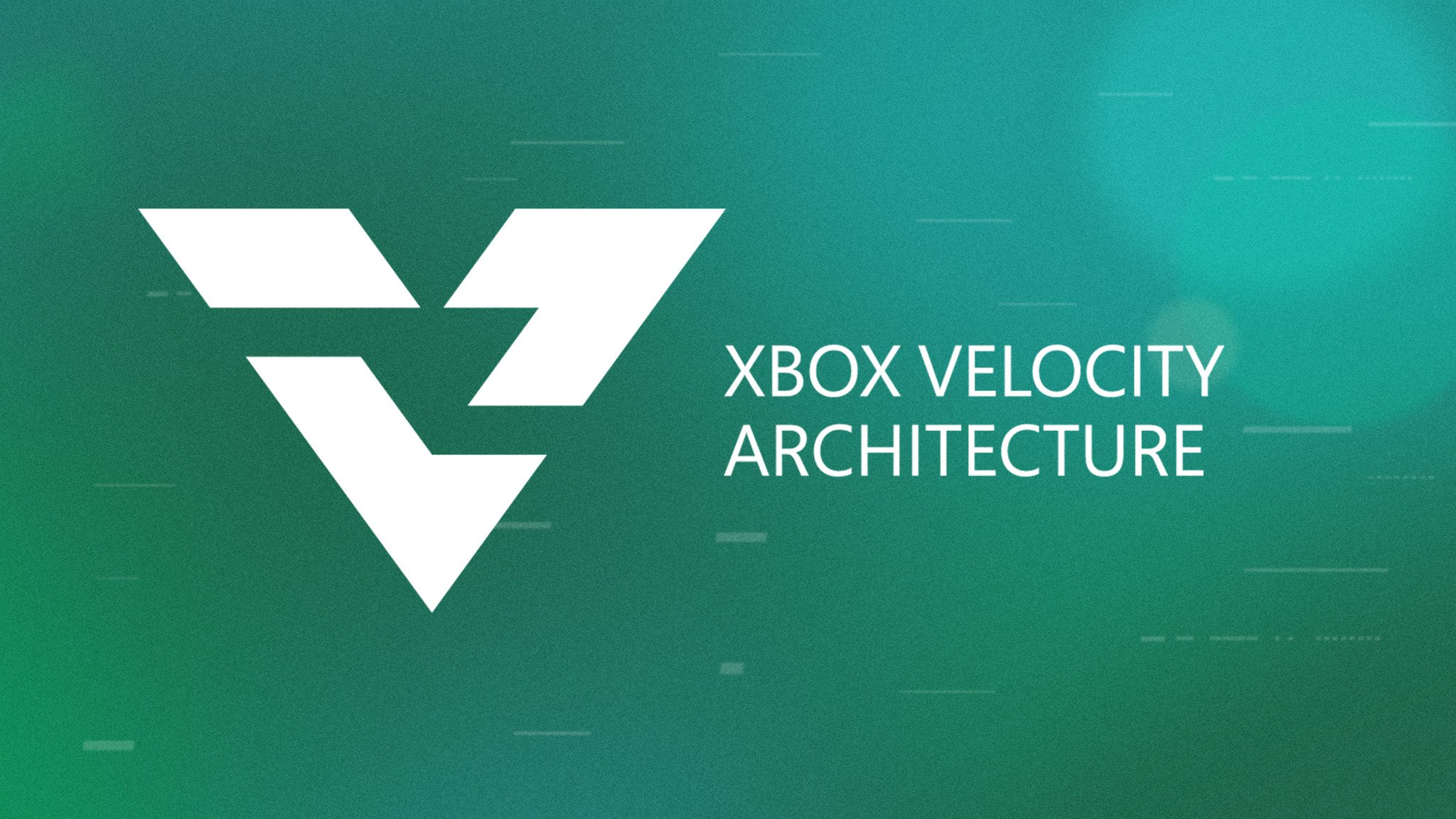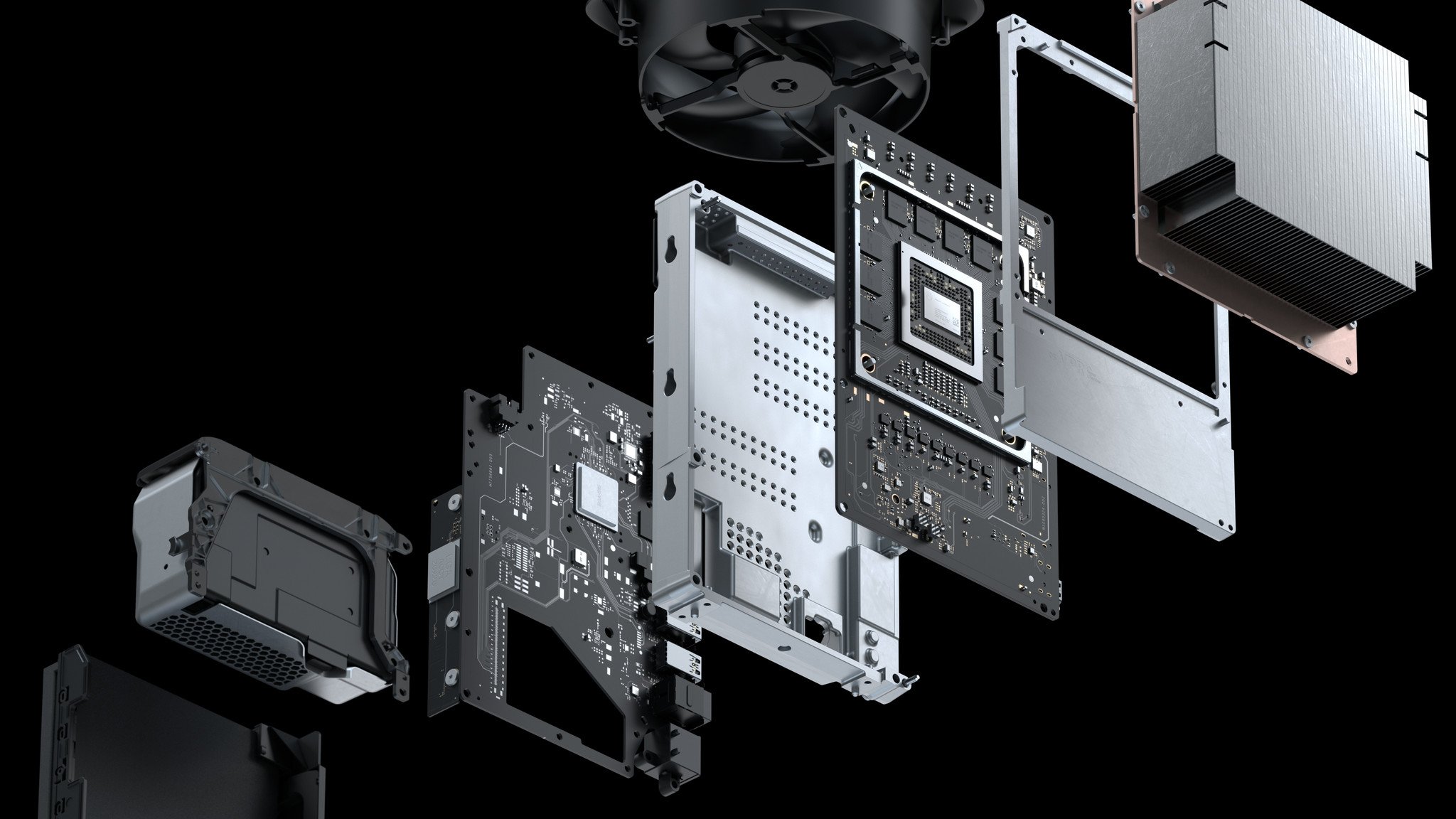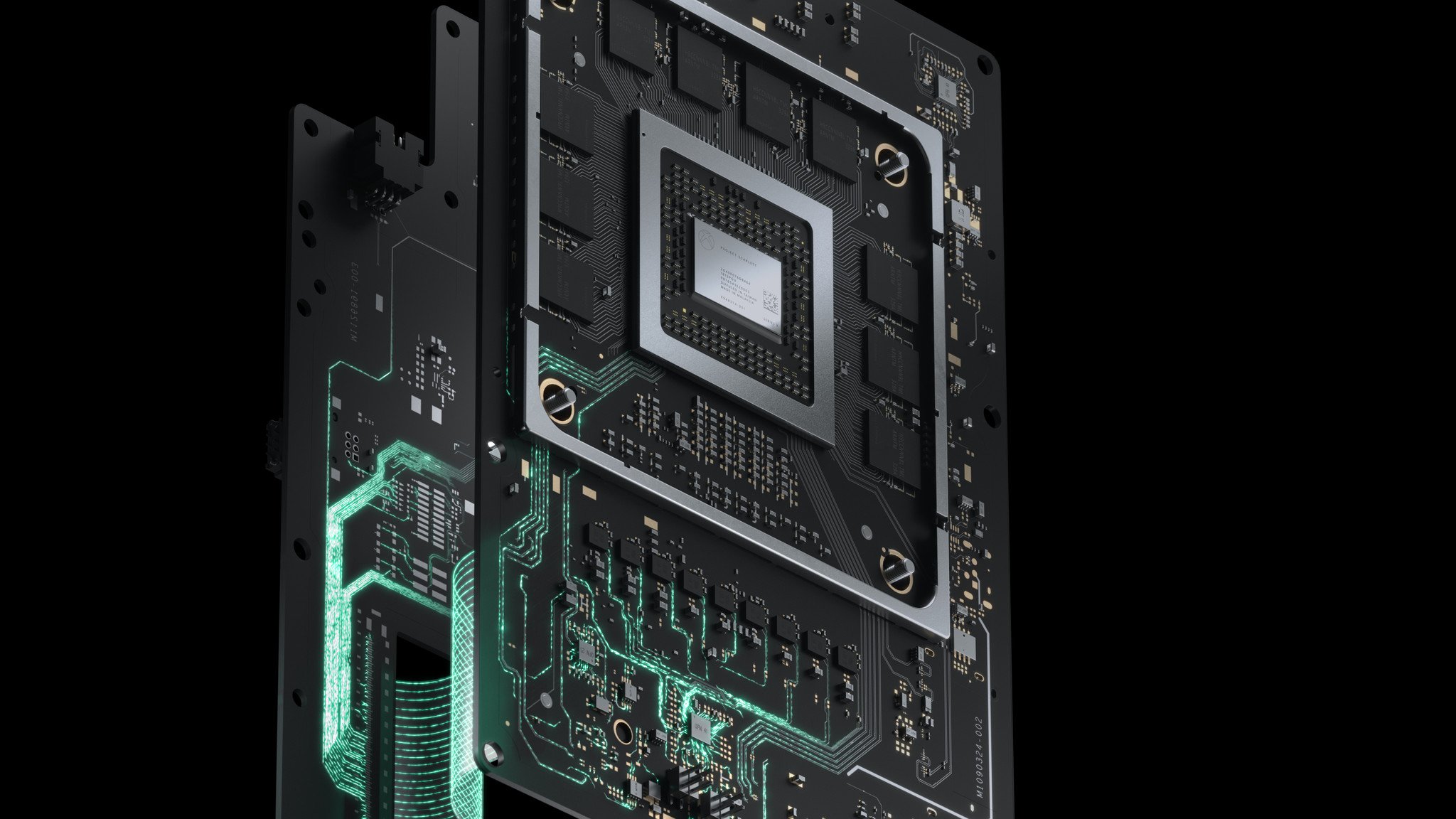What is Xbox Series X Velocity Architecture?
Xbox Velocity Architecture promises no-compromise gameplay and cuts load times, drawing the best from Xbox Series X.

All the latest news, reviews, and guides for Windows and Xbox diehards.
You are now subscribed
Your newsletter sign-up was successful
Xbox Series X enters the next generation with a suite of advancements, the focus of those centered on speed. Microsoft's upcoming home console is undoubtedly faster than predecessors, whether its bleeding-edge Zen 2 CPU, 12TF floating-point performance, or custom NVMe solid-state drive setup. That ties together with Xbox Velocity Architecture, marrying Xbox Series X hardware with Redmond's software know-how.
Xbox Velocity Architecture explained: The basics

Microsoft frames the Xbox Velocity Architecture as a fundamental component of Xbox Series X, comprised of both hardware and software, poised to "unlock new capabilities never-before-seen in console development." Beyond the marketing, the moniker refers to a new architecture designed for Xbox Series X, streamlining storage and processing on the console.
Velocity Architecture improves how Xbox Series X loads game assets from storage, known as asset streaming, while reducing the space those assets occupy on the drive. The solution tackles two key challenges modern titles face, with installation sizes rapidly on the rise and more computationally demanding than ever. The upshot is a backbone to support complex next-generation games, while also reducing loading times.
Taking Xbox Series X beyond the SSD

Xbox Velocity Architecture may sound complicated to the everyday gamer, but best understood when broken into just a few fundamental components. Microsoft describes the technology as the culmination of four crucial modules, featuring two custom hardware components inside Xbox Series X, with software to complement.
Microsoft's new custom SSD storage is central to Velocity Architecture on Xbox Series X, adopting an in-house NVMe solution, delivering unseen speeds in past generations. That provides 2.4 GB/s raw I/O throughput — or 4.8 GB/s compressed, enabled by a custom decompression block. Compared to the 120MB/s offered by Xbox One X, quick maths reveals up to 40 times increases could be a reality.
The hardware decompression block plays a vital role, allowing games to consume less space via compression on the SSD. That hardware is devoted to tackling run-time decompression, keeping games running smoothly without giving more work to the CPU. It uses Zlib, a general-purpose data-compression library, and a mysterious new system named "BCPack," geared to GPU textures.
We also have DirectStorage, building upon DirectX, and aimed at further reducing CPU workloads. The new Microsoft-built API seeks to optimize the efficiency of Xbox Series X asset streaming, with plans to expand to Windows devices moving forward. That couples with Sampler Feedback Streaming (SFS), streamlining GPU usage and loading only portions of textures demanded by a setting. Both provide software solutions that enhance the efficiency of games on Xbox Series X, taking full advantage of CPU and GPU gains.
All the latest news, reviews, and guides for Windows and Xbox diehards.
What does Xbox Velocity Architecture mean for you?

So, what does Xbox Velocity Architecture ultimately mean for you and your games? Microsoft has already discussed the expected impact on open-world games, with their large environments and variables primed for those processing gains.
"The CPU is the brain of our new console, and the GPU is the heart, but the Xbox Velocity Architecture is the soul," stated Andrew Goossen, Technical Fellow on Xbox Series X at Microsoft via Xbox Wire. "The Xbox Velocity Architecture is about so much more than fast last times. It's one of the most innovative parts of our new console. It's about revolutionizing how games can create vastly bigger, more compelling worlds."
Microsoft provides examples of games in those categories, including Final Fantasy XV, Assassin's Creed Odyssey, and Red Dead Redemption 2. Such titles were notorious for lengthy initial loading screens, sometimes taking minutes to get started. And for games that mask loading by slowing players, whether elevators or hallways, Xbox Series X may provide additional creative freedom to avoid those limitations.
Xbox Series X/S
Main
- Xbox Series X: Everything we know
- Best games coming to Xbox Series X/S
- List of Xbox Series X specs
- What is the Xbox Series X release date?
- How much does Xbox Series X cost?
- Why you can't preorder Xbox Series X yet
- Best Xbox Series X Headsets

Matt Brown was formerly a Windows Central's Senior Editor, Xbox & PC, at Future. Following over seven years of professional consumer technology and gaming coverage, he’s focused on the world of Microsoft's gaming efforts. You can follow him on Twitter @mattjbrown.
